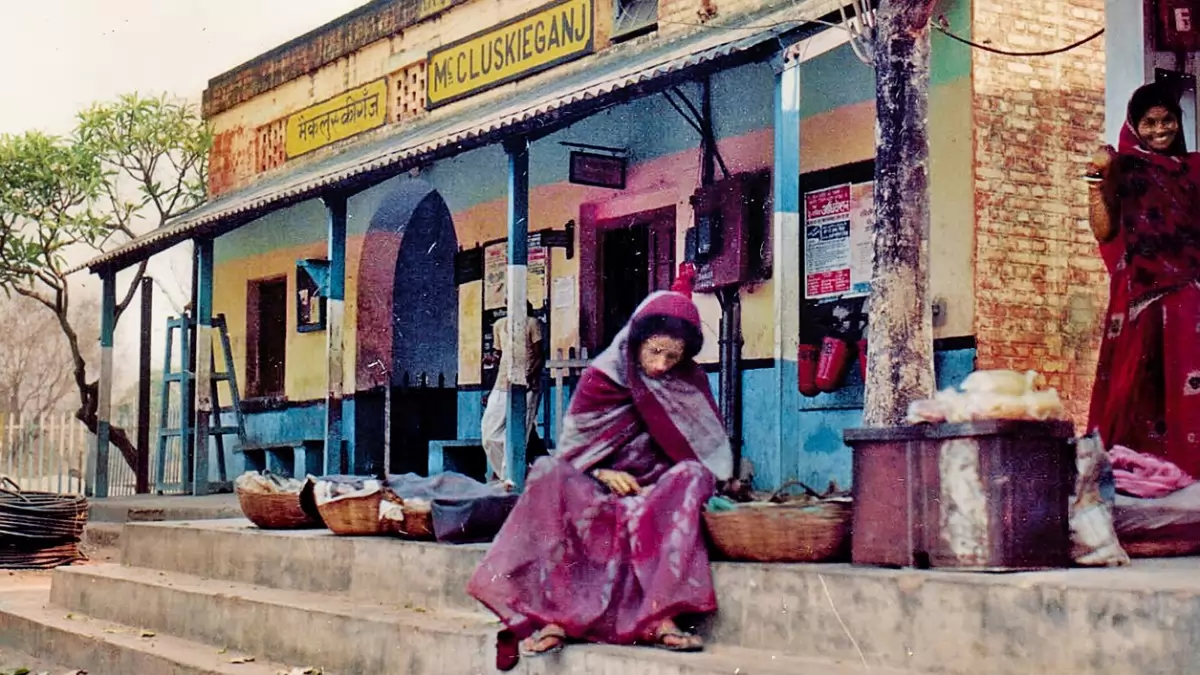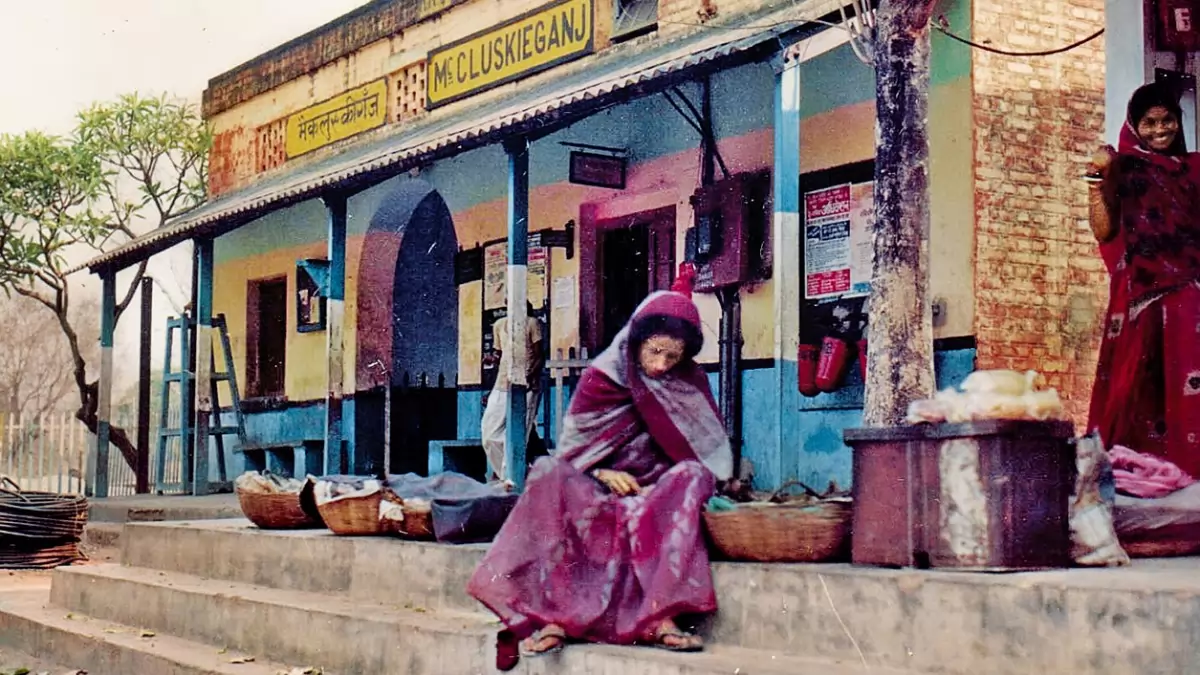
When you’re writing a book, the subject might choose you rather than the other way around. This is perfectly illustrated in my debut book, “McCluskieganj: The Tale Of The Only Anglo-Indian Town In India.” How I ended up writing it has a fascinating backstory.
I oversaw the Allahabad bureau of the well-known Hindi news publication “Maya” in the 1980s. It was a solely political publication that would publish articles about Naxalite activities as well as political clans, mass massacres, personal fiefdoms, and caste armies in Bihar.
I have always been interested in reading books from an early age. I would frequently ask my editor to let me write some human interest pieces in addition to the political stories.I would bug him constantly, and occasionally he would give in. In order to write a feature for the magazine, I traveled to McCluskieganj, an Anglo-Indian town in the Chota Nagpur region of the then-undivided Bihar, in 1990. I was extremely enthralled when I arrived at the hamlet in the forest. It was encircled by waterfalls, mountains, rivers, and jungles.
When I met the Anglo-Indians living in old Portuguese-style houses, Adivasis staying in straw huts and people from several other communities who were living in McCluskieganj, I realised that a mere four or five-page report in a magazine was not enough to describe the marvelous town. This was an epic novel waiting to be written. I wrote the story for the magazine, but the town and the people I had met stayed with me.
I requested some of the literary bigwigs from Bihar to write a novel on McCluskieganj, but they were not too keen. I had not written a novel until then, so, for a long time, I was not able to gather the courage to begin writing one. But images from the town kept flashing in my mind from time to time and so I decided to take the plunge. I thought, it does not matter if the story is good or bad. It need not be perfect. I decided to write because I fell in love with the town. Also, one can never go wrong when one listens to the heart.






